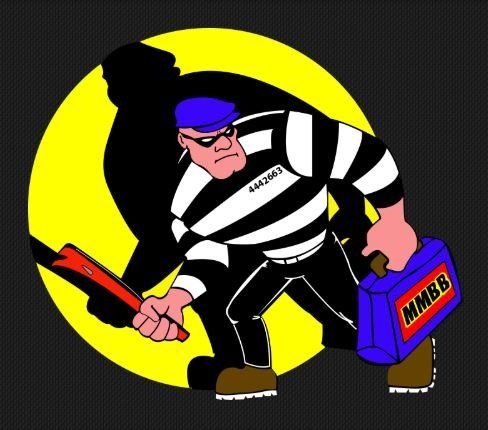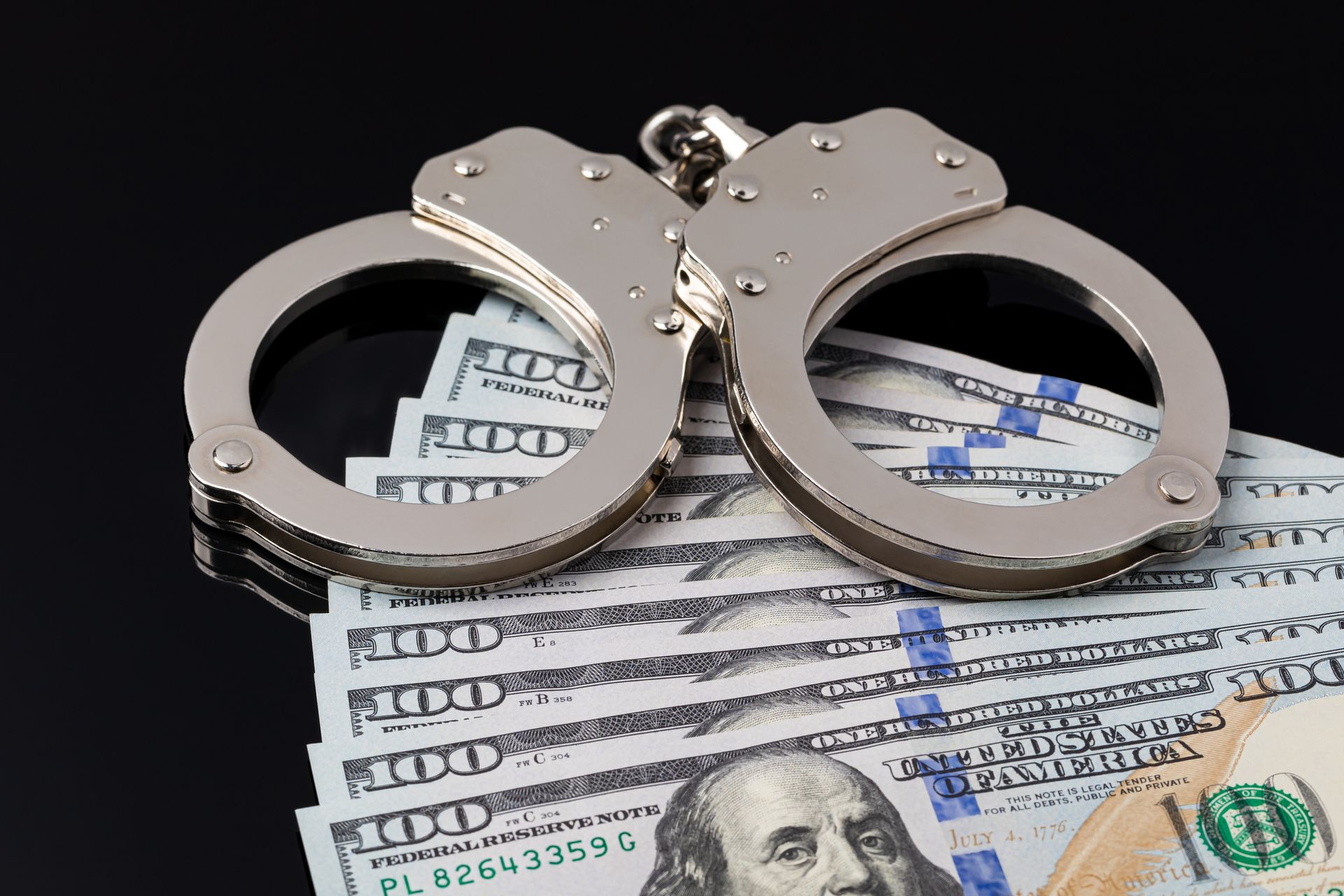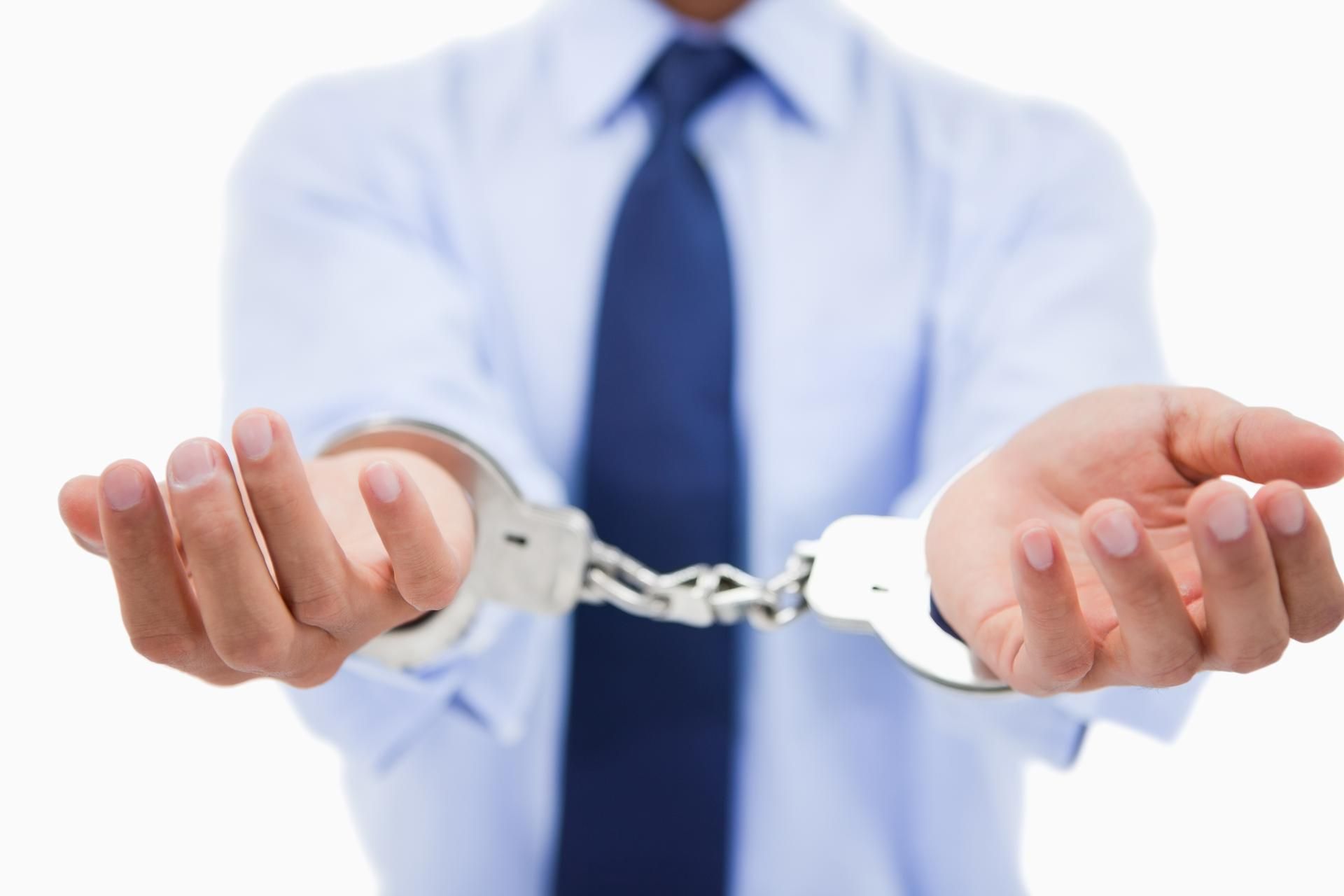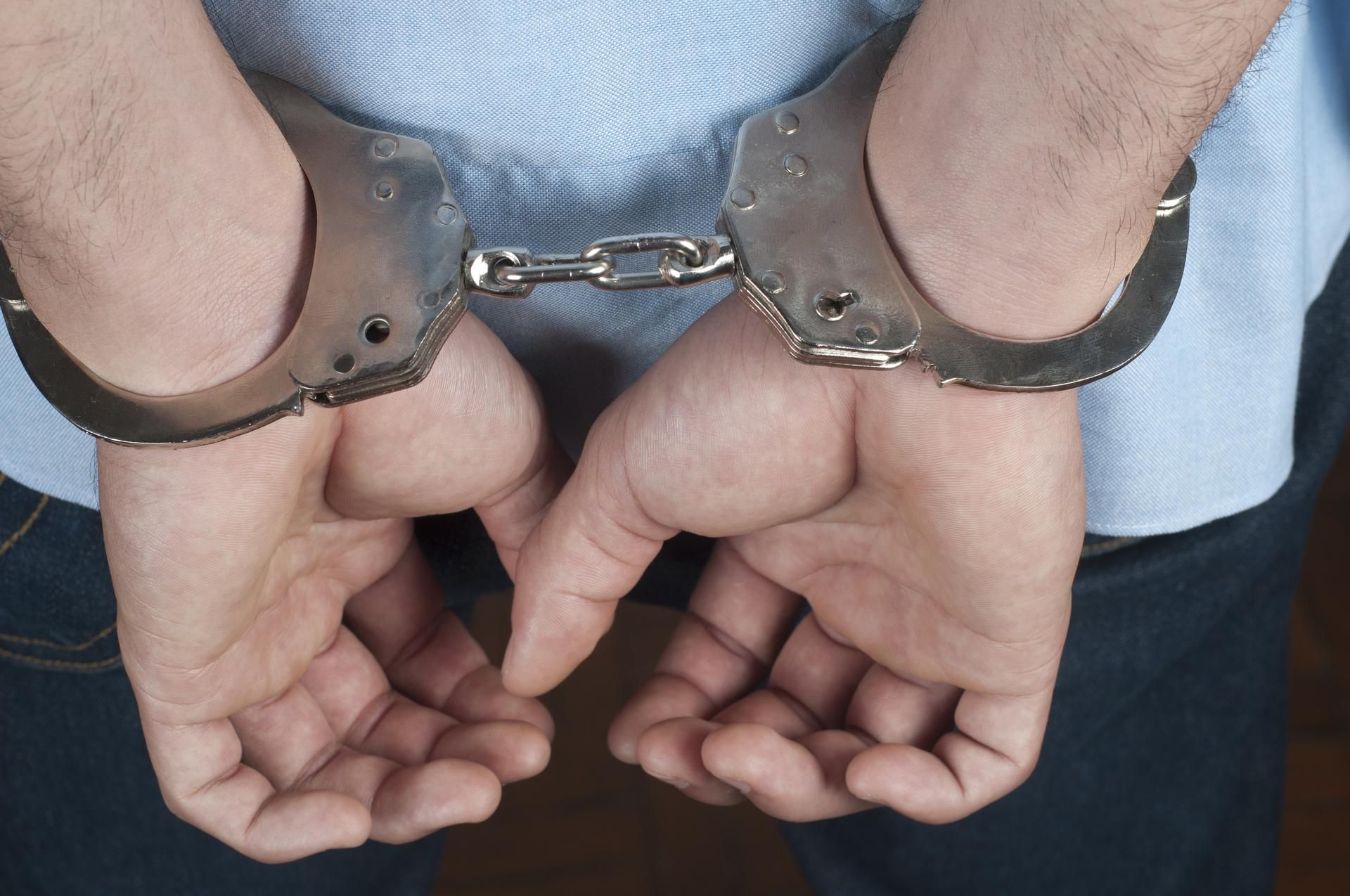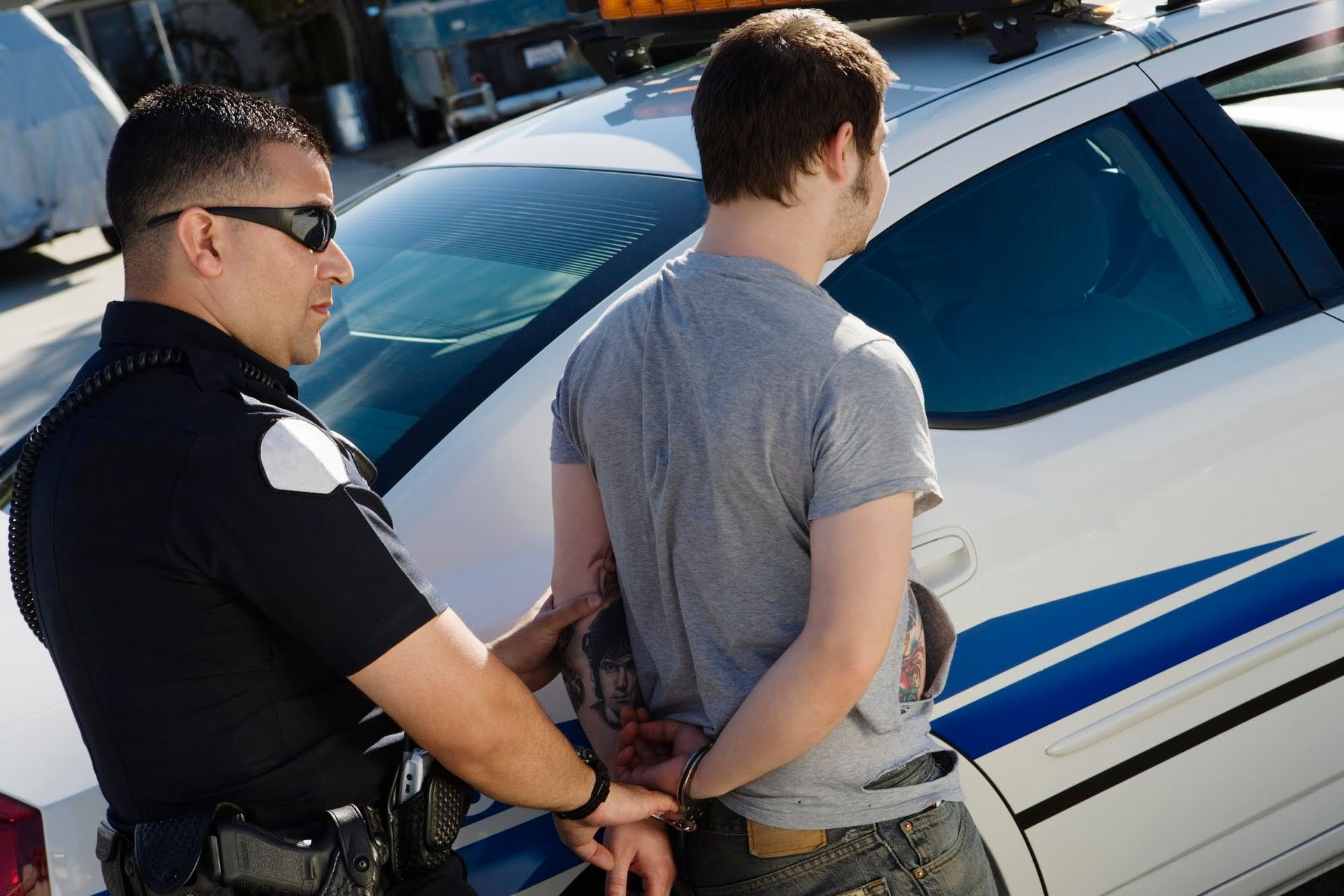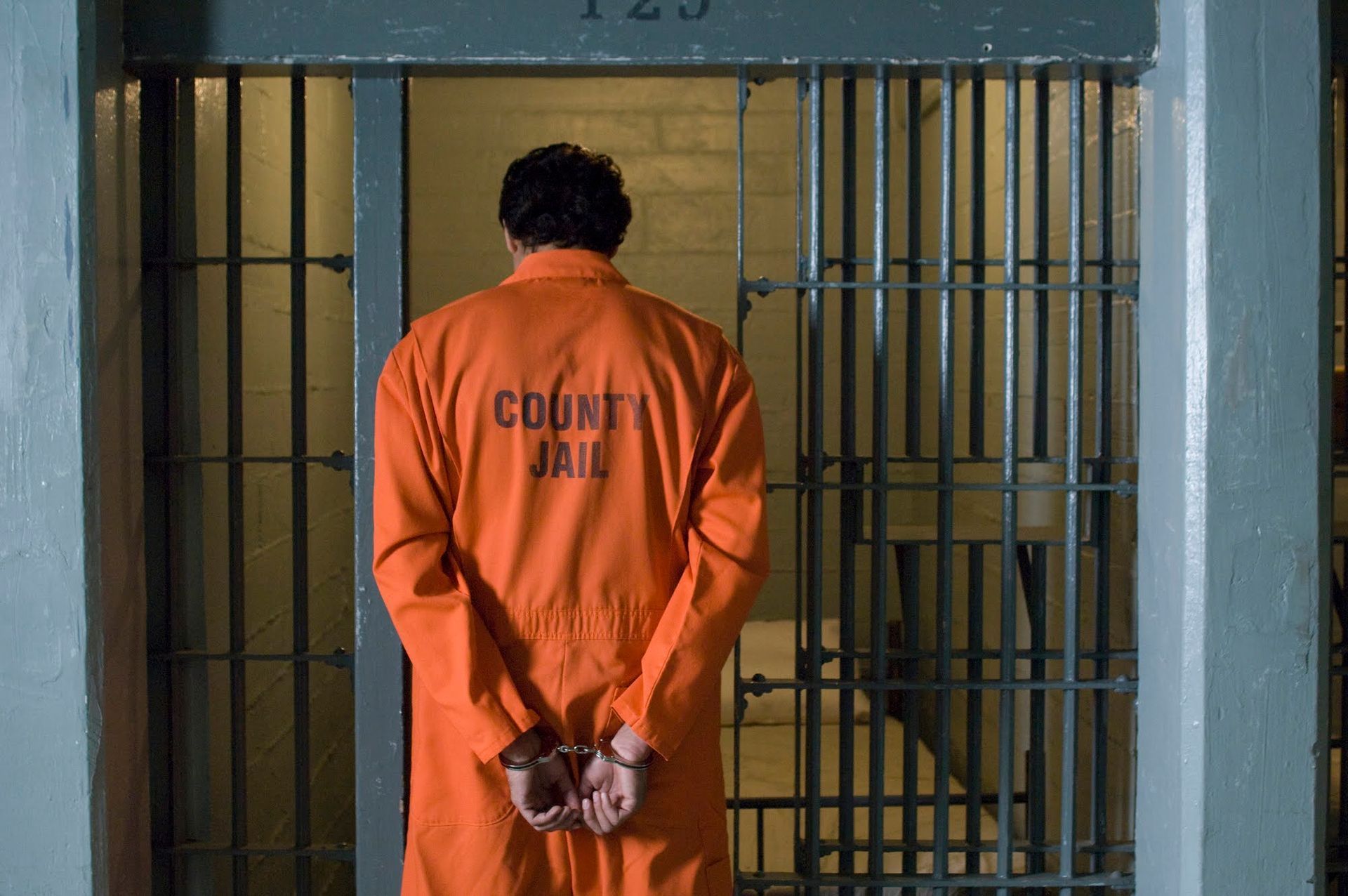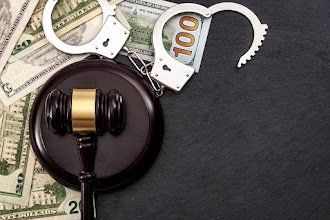Bail Bonds and the Florida Criminal Justice System
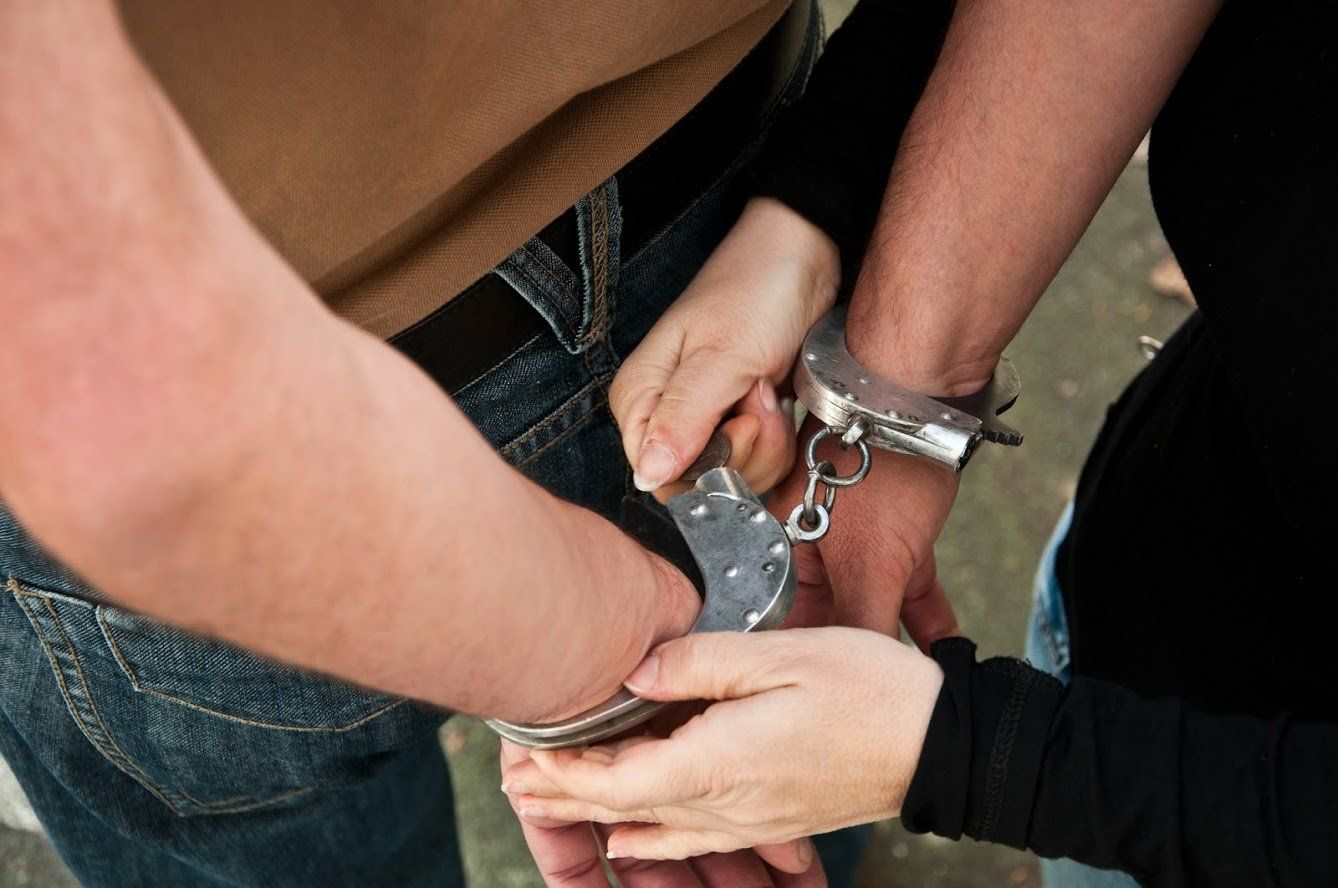
When someone is arrested and held in Florida, the first step is usually to get out of jail. First, the court must grant the right to post bond. In most cases, that means paying a bail bond to the court.
Bail is the amount of money established by the court to ensure the accused's appearance on established court dates. After the bail bond is set and paid, in cash or from the bail bondsman, the defendant is temporarily
released from jail. The accused's innocence or guilt will be decided by the court in the future.
Before Bail
Before contacting the bail bondsman, the defendant or designate must present some information, including:
- Basic information. This includes the defendant's full name, where he or she is in custody (i.e., the name of the jail, city and state location), and the booking number when available.
- Type of Bail. This includes whether the defendant will directly post real property or cash with the court, which ties up emergency funds or savings and the loss of confidentiality, or post bail through a bail bondsman.
- Requirements. The court may establish other requirements before it allows bail. A Nebbia hold might be imposed if the court is concerned about possible criminal activity as the source of funds.
- Collateral. After collecting the bail agent's fee, the defendant must then provide collateral for the complete bail amount.
In Florida, unlike all other states' bail bondsmen, the 10 percent fee to underwrite the bond isn't refunded to the client. Win or lose, the client pays the bail bondsman. The fee is never used as collateral. In some instances,
like with immigration or federal bonds, the bail bondsman may charge a higher fee.
Collateral Details
If the defendant can't pay the bail bond in cash, he or she must post something of value to be held by the bail bondsman. Collateral is one of the ways the bond firm ensures the defendant will appear in court. It's possible to
use a bank account, real estate, a vehicle, or jewelry as collateral. In some cases, a qualified co-signer will be accepted to approve the bail bond.
In Florida and throughout the United States, bail bondsmen must safeguard the collateral. If the defendant appears in court as agreed, his or her collateral is returned when the case is decided. Regardless of whether the
accused is guilty or innocent, collateral must be returned.
Setting Bail
Typically, if the defendant is accused of committing a certain crime in Florida, a present amount of bail will be requested by the court. Some additional factors, e.g. the severity of the crime and the court's administrative bail
schedule, are considered.
A judge has the right to increase or lessen this predetermined bail amount in accordance with specific case facts. Some crimes in Florida are considered particularly heinous. The accused may be perceived as a danger to
society. In this scenario, the defendant may be denied bail and may be held in jail to await trial. Some sexual battery crimes, armed burglary, and murder are considered "non-bondable" in the state of Florida.
If the defendant is accused of a non-bondable offense, it's essential to engage an experienced criminal defense lawyer to argue the matter of bail. If bail is arranged, the accused may return home until the resolution of the
case in the future.
Bail bonds are an important part of the criminal justice system. If you're facing criminal charges, Matt McKeehan Bail Bonds offers friendly, fast and knowledgeable services. Contact us today to learn more about how we
can help you or a loved one get through a criminal charge.
